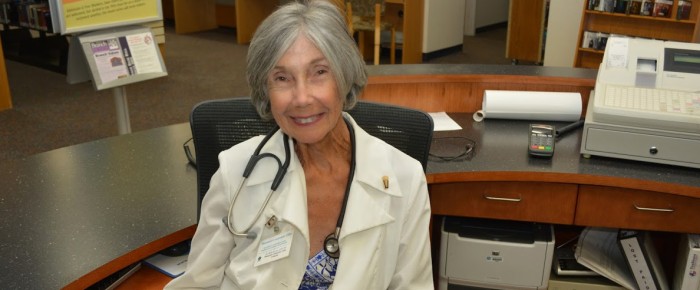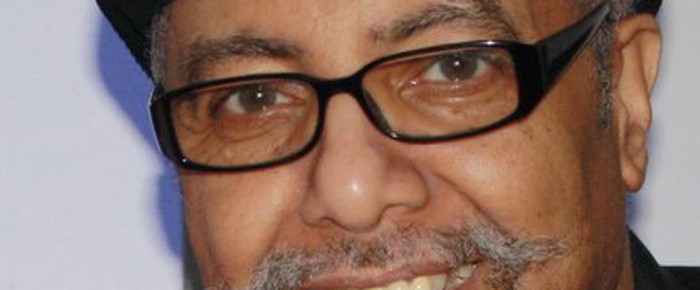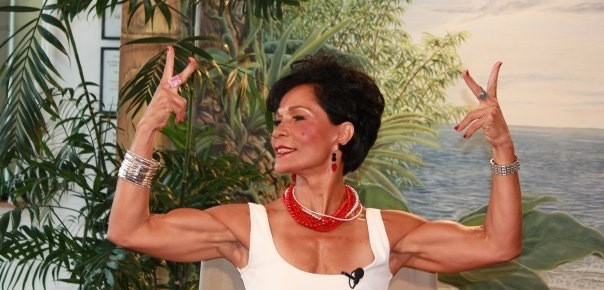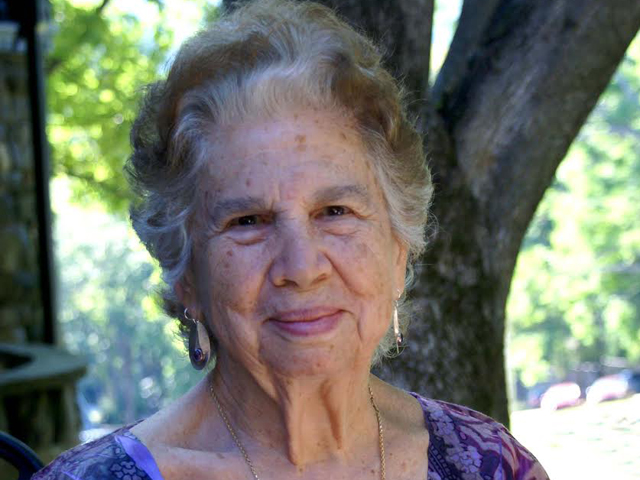Beth Farren, 70, continues living her life doing what she loves most – nursing, teaching, and fitting in the time to play tennis. Originally from Chicago, she has lived in…
Read more70-year-old nurse practitioner, and teacher, remembers her most humbling moment




